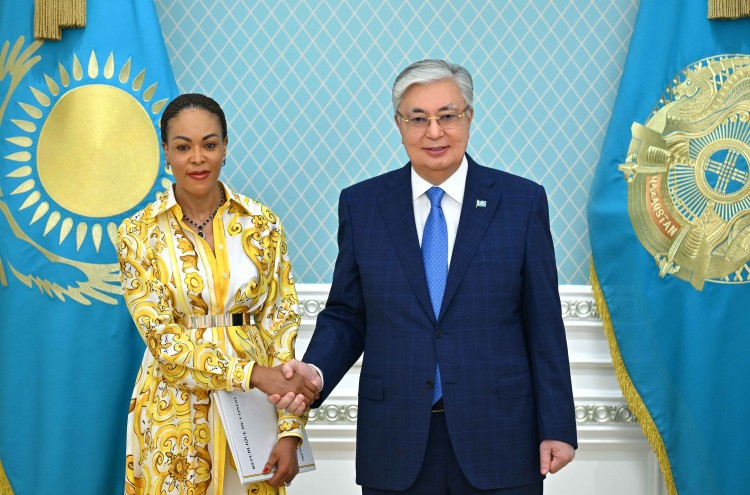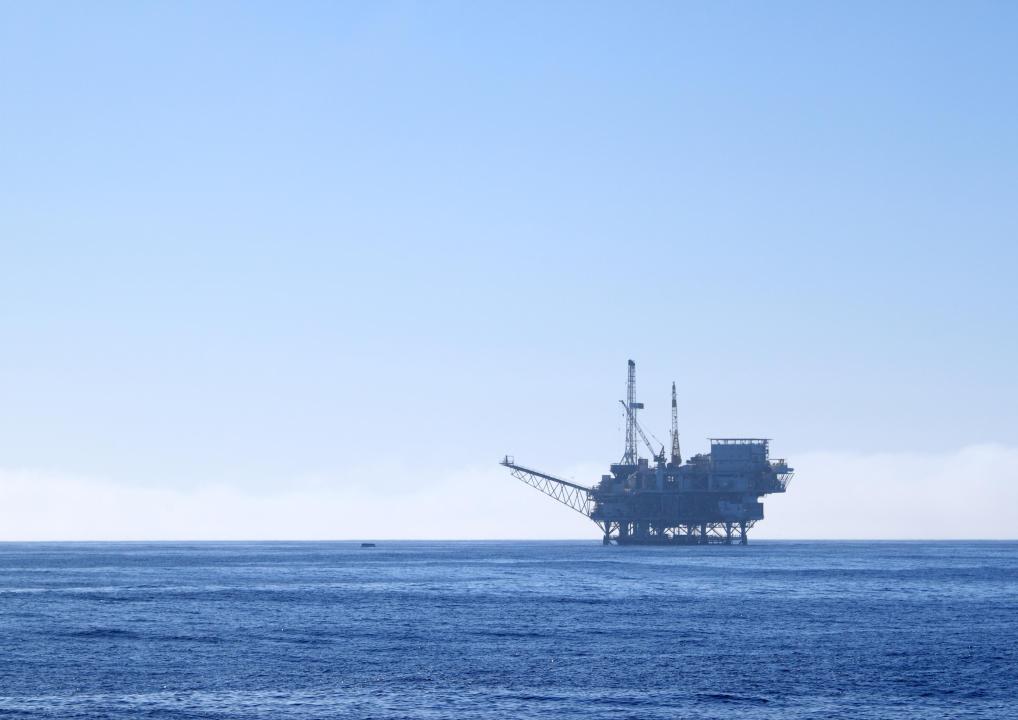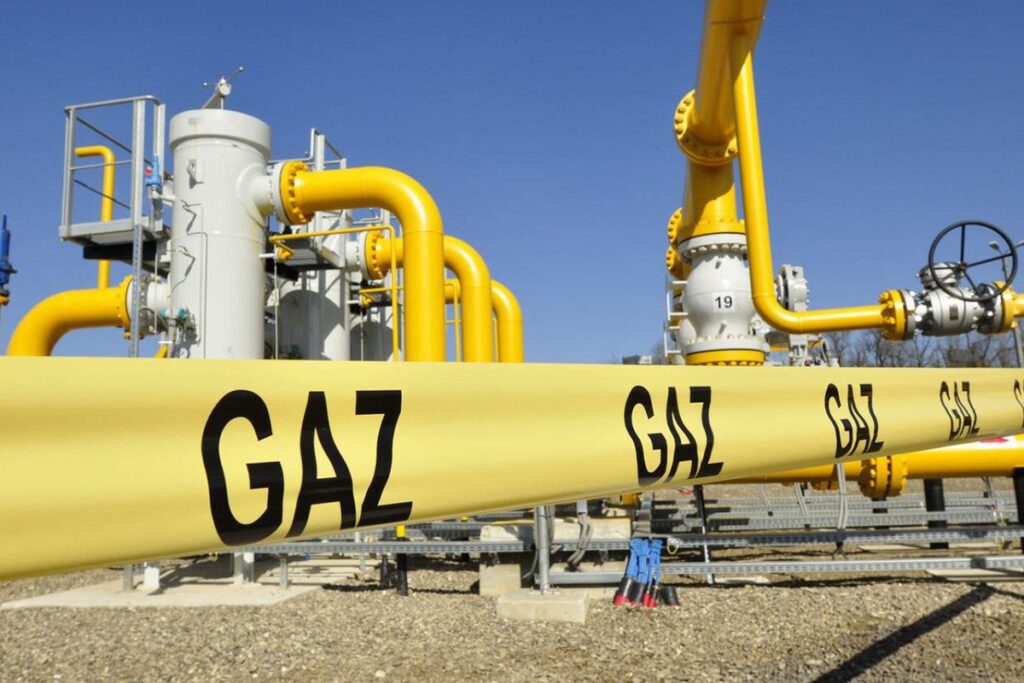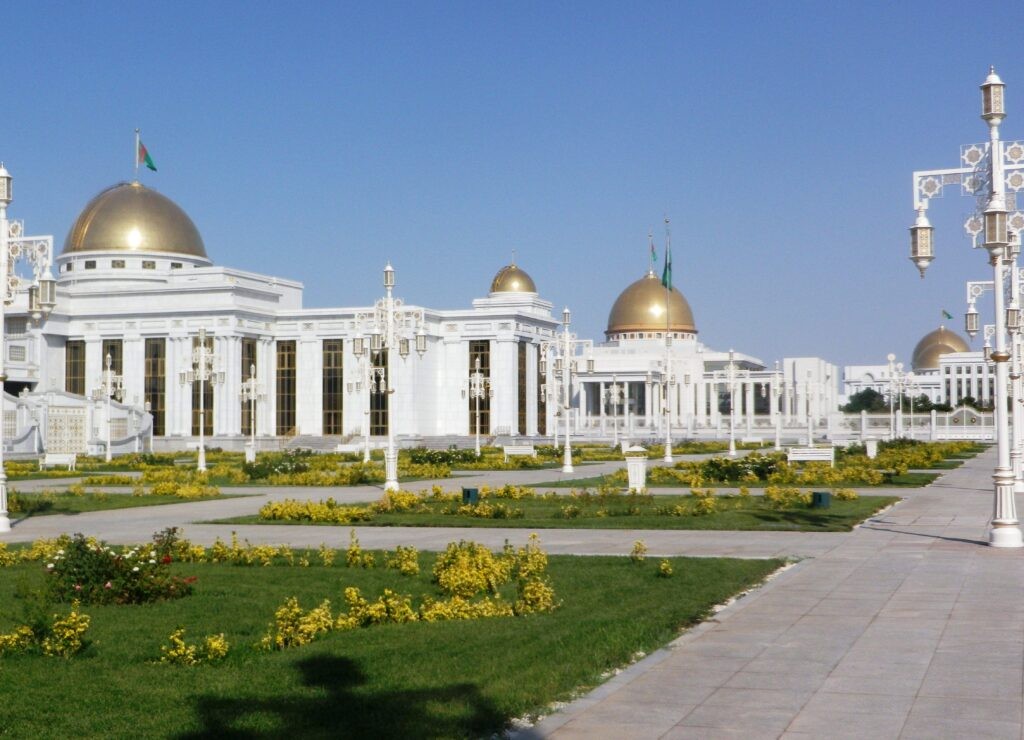Kyrgyz-Turkish Oil Refinery Nears Completion in South Kyrgyzstan
On July 8, Minister of Energy of the Kyrgyz Republic, Taalaibek Ibraev inspected the construction of the Kyrgyz-Turk K-OilGas oil refinery in the village of Kok-Talaa in the southern Batken region. An agreement between Kyrgyztransneftegaz (Kyrgyzstan) and Kyrgyz-Turk K-OilGas (Turkey) on the joint development of the North Sokh and Chongara Galcha oil fields was signed back in March 2023. According to General Director of Kyrgyztransneftegaz Aibek Chodonov, over 90% of the refinery’s construction has now been completed, and preparatory work is currently underway at four oil wells. The commission of the refinery is scheduled for the end of September. Investment in the project amounts to $91 million, and once in operation, the refinery will have a daily capacity of 500 tons of oil products. At present, the refinery has 51 employees, including 10 Turkish specialists and 41 local citizens, with 150 new jobs on the horizon from October. Kyrgyzstan has some oil deposits in the south of the country but today, imports almost all of its oil products (gasoline and diesel) from Russia.






